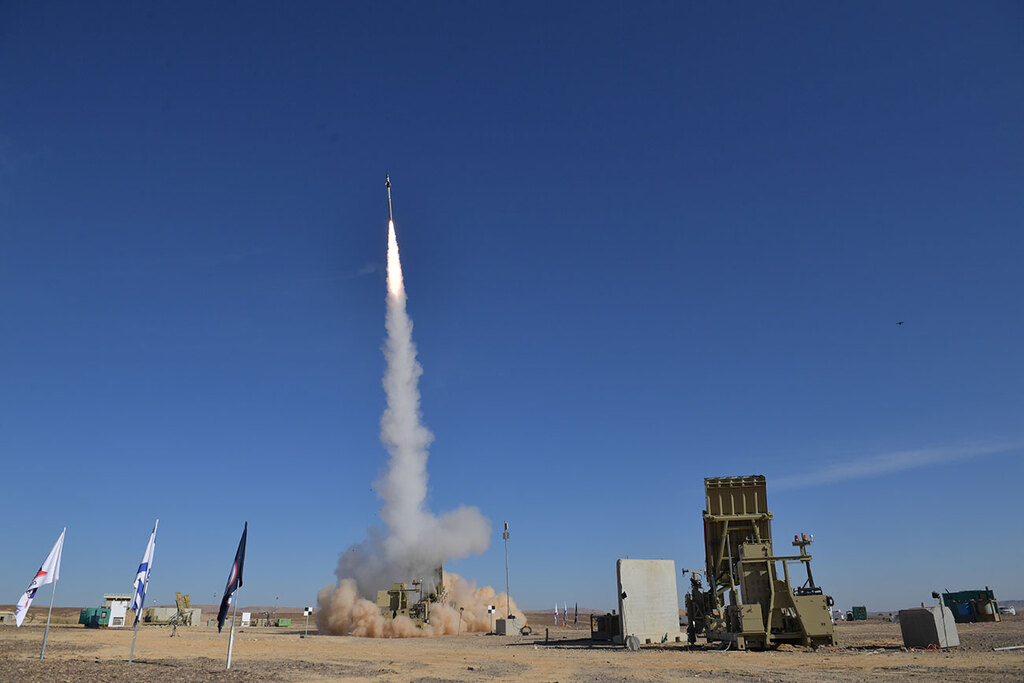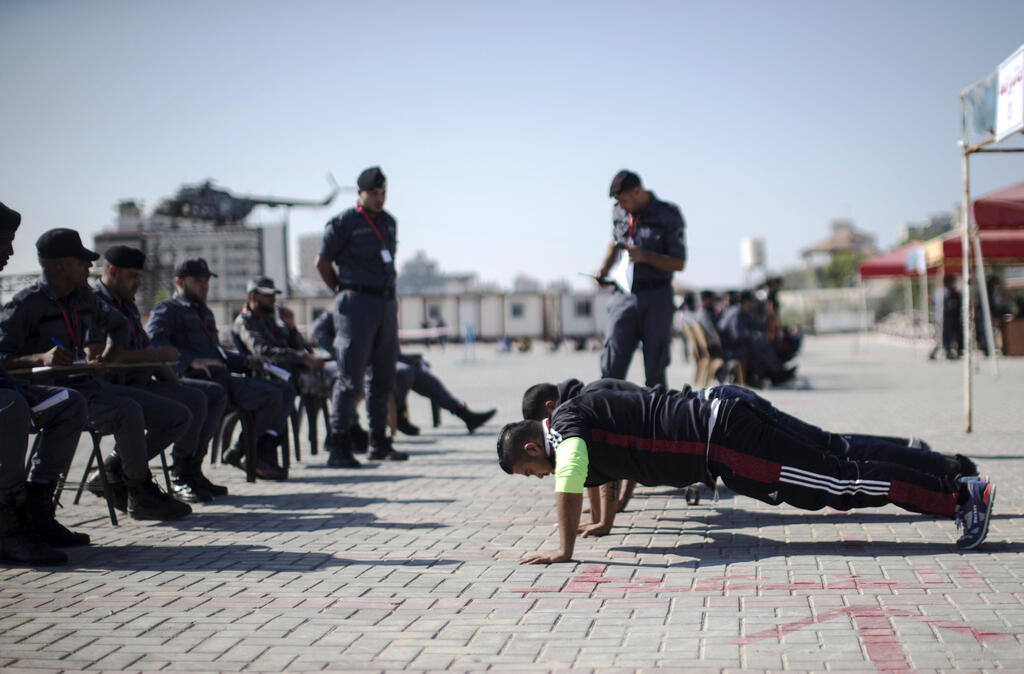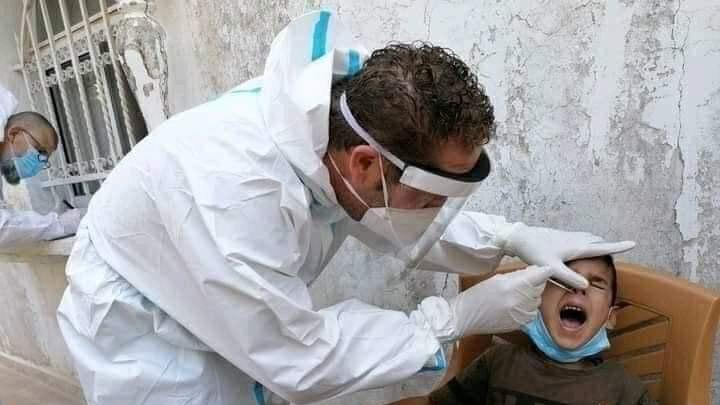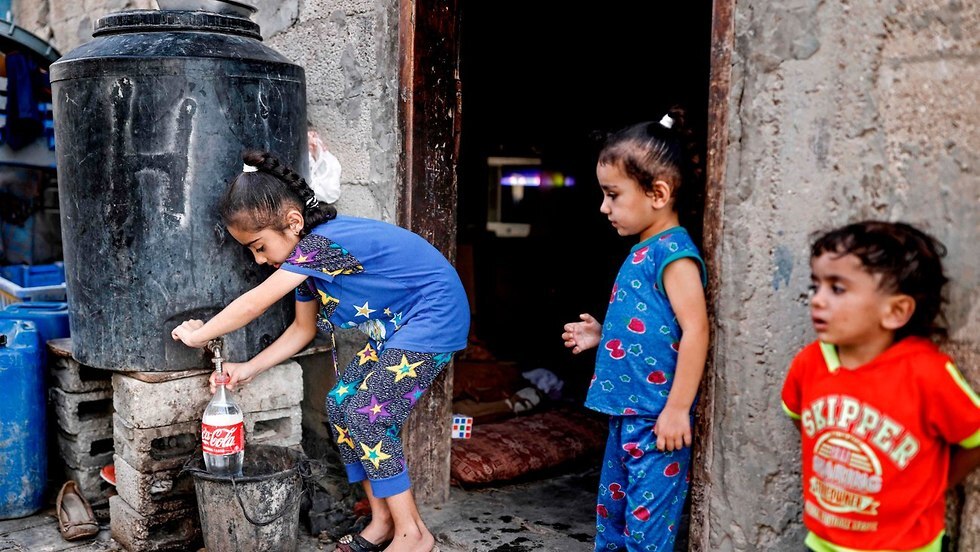Israelis like to worry to the extent that they even need to search for reasons to fret. And if the reason found is of a national security nature, so much the better.
On Thursday, the worry was a possible violent attack from Islamic Jihad in Gaza on the first anniversary of the killing of its military commander Baha Abu al-Ata and 20 of his men in an IDF targeted strike.
5 View gallery
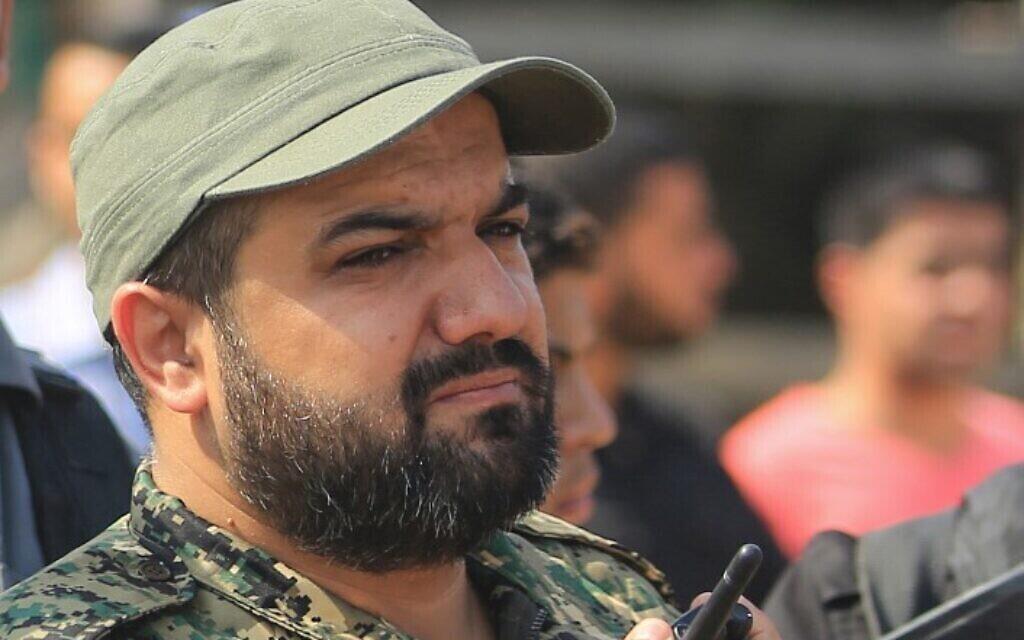

Slain military commander of the Islamic Jihad faction in Gaza Baha abu al Ata
(Photo: AFP)
There are few days in the Palestinian calendar that are not the anniversary of someone's untimely demise or another national tragedy that has befallen the Palestinian people.
But the first anniversary of al-Ata's death - which was discussed furiously on Arab social media - put the Israeli military on alert.
Israel is leaving nothing to chance. The IDF deployed its Iron Dome missile defense system to the border area as well as other strategic positions inside the country, and has finalized plans for a military response to any Islamic Jihad action.
Israel's message to Hamas, the terror group with ultimate control over the Gaza Strip, is clear: The IDF will not be limited to a proportional response to any act of aggression should one be undertaken. On the contrary, it will use the opportunity to attack pre-determined targets.
Hamas, therefore, will likely reign in any rogue militants who may take it upon themselves to act. It has no interest in conflict with the Israeli military at this time.
Since the election of U.S. President-elect Joe Biden, Hamas is in a holding pattern. Its leaders do not wish to begin their relationship with the new administration by appearing as a terrorist group that targets civilians without cause.
In addition, a Hamas representative has been in Cairo for the past few weeks to negotiate a possible prisoner swap with Israel. Any renewal of violence could derail those negotiations that the organization views as critical for its own interests, and lead to an all-out conflict that is ill-advised on the eve of the group's own internal elections.
But most of all, Hamas's actions are dictated by the coronavirus pandemic and the economic crisis that is crippling the Strip.
Hamas appears to have lost control of the outbreak. As of Thursday, there were 3,052 active COVID-19 cases in Gaza, with 250 to 300 additional patients added daily - although many experts believe the numbers are far greater.
With 50% unemployment, primarily among young Gazans and the educated population, the rulers are facing hunger riots that according to the Egyptian media are being met with mass arrests.
Crime, drug abuse and even divorce and suicide cases have broken all earlier records in Gaza and that should be a real cause for concern in Israel, because those could be the motivators of the next outbreak of violence.
Perhaps someone in the Islamic Jihad would fire a few rockets at Israeli communities along the border, but it would be up to Jerusalem to see such an attack for what it is and save the real worry for real security challenges.


